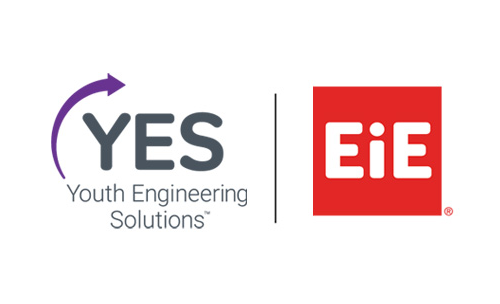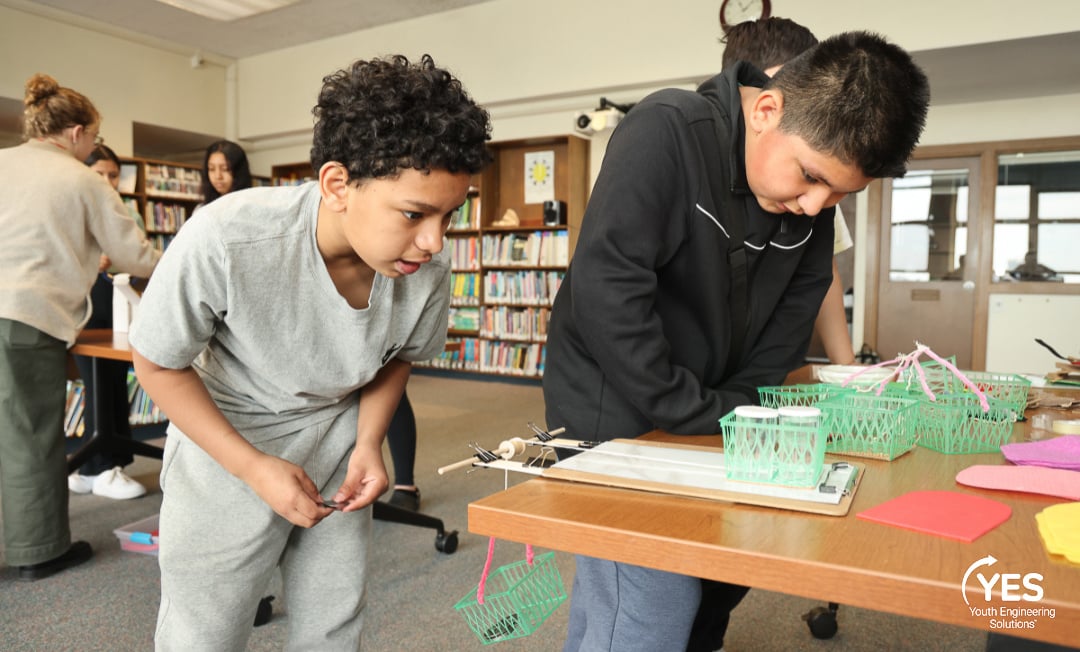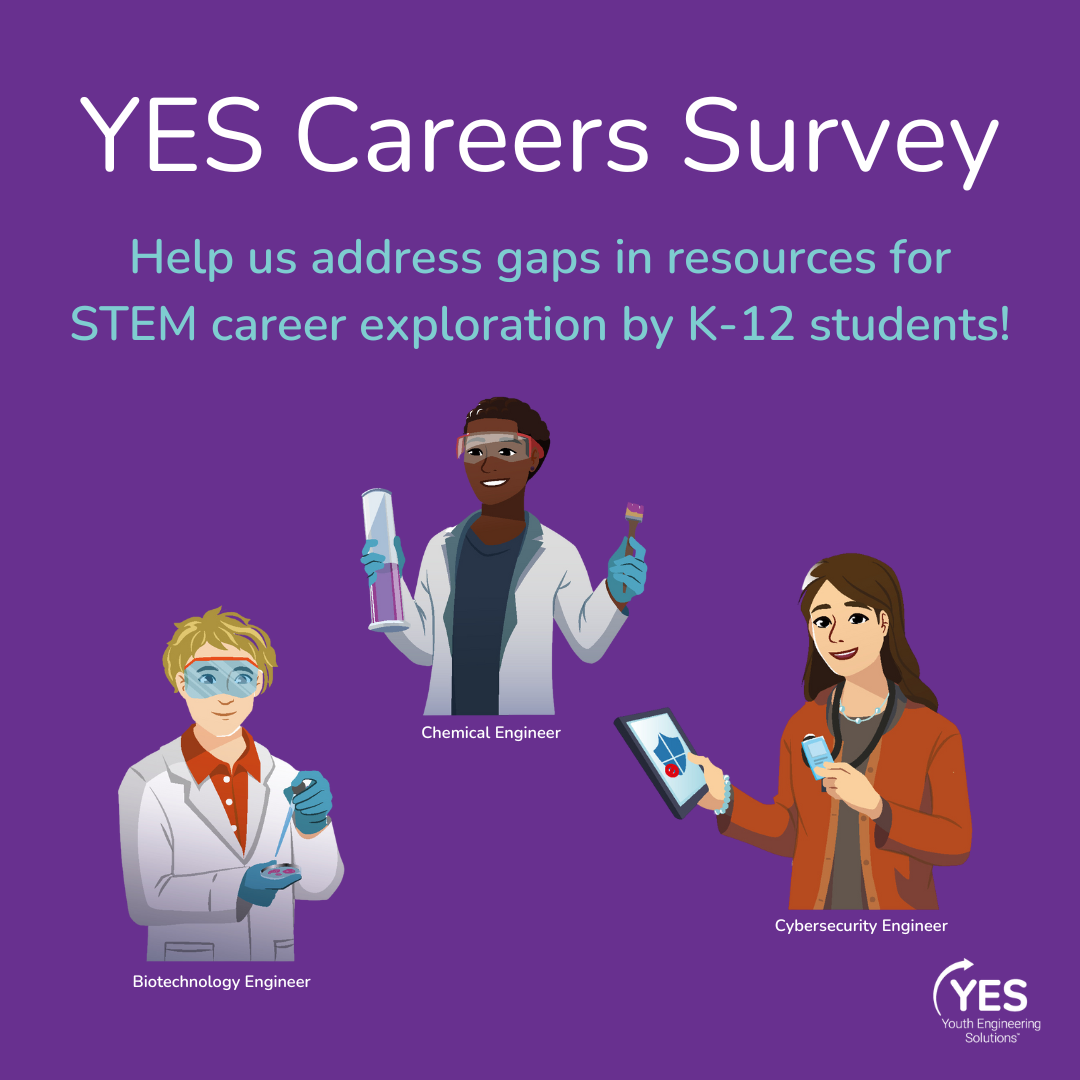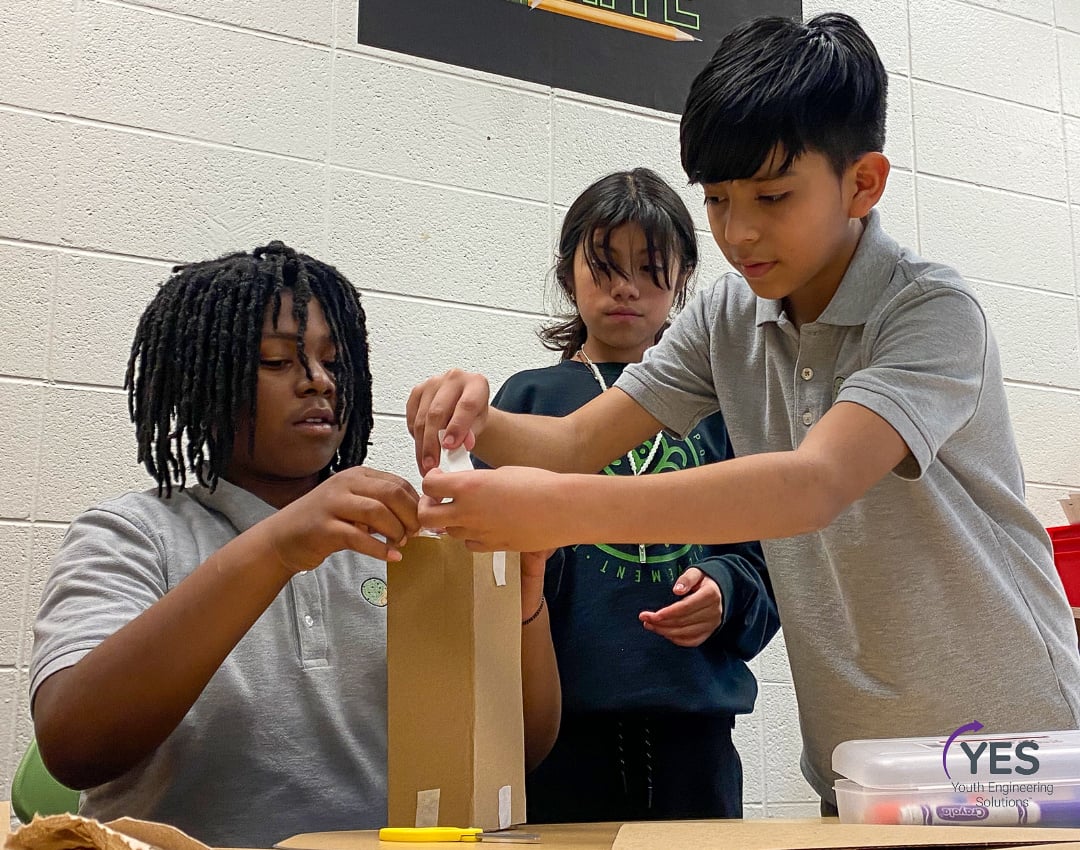As educators, we’re always looking for ways to measure our learners’ success beyond test scores. In Computer Science, it can be especially difficult to differentiate between students just using computers and students actually understanding fundamental concepts. When you evaluate your students’ CS proficiency, remember to take these things into consideration:
Practical skills and conceptual building blocks - In CS, skills and concepts weave together strongly. Being able to explain how your code works is just as important as putting a program together in the right order. Have students make their thinking visible, practice key vocabulary, and predict what a program will do. Add observations of their hands-on practice to get a complete picture of their level of understanding.
Increased confidence and willingness to experiment with new topics - When learners understand the basics, they’ll be inclined to think outside the box and try new approaches. They may also be ready to act as a tech expert, helping peers troubleshoot as they program. Be on the lookout for students who seem bored or disinterested, too. They may be off-task but still using CS tools - are they lost or looking for new ways to engage with the material?
Engaged, curious and exploring concepts related to covered lessons - You know you’re on the right track when students are asking questions about their next steps, or applying CS concepts to their real world experience. Learners who discuss their favorite apps or online games are demonstrating their connection to covered material. They may even start to use CS vocabulary in other classes. When we know how to look for Computer Science, we begin to see it everywhere!
Creative, forward thinking and beginning problem solving - The most exciting marker of understanding is when our learners start building on those real-world connections and coming up with solutions to their everyday problems. Are your students showing signs of computational thinking? Asking questions like, "Should I let this app track my location?” or “How do I make a website that helps me remember my homework?” are clues that learners are ready to take CS concepts with them far beyond the classroom.
As part of our ongoing series on Computer Science and Coding, we’d love to hear from you about how you measure CS success in your classrooms. If there are ways you’ve succeeded or struggled to engage your learners with CS concepts, let us know in the comments below! For more information on Computer Science units for grade 1-5 learners, explore our᷿ Computer Science Essentials Program.








